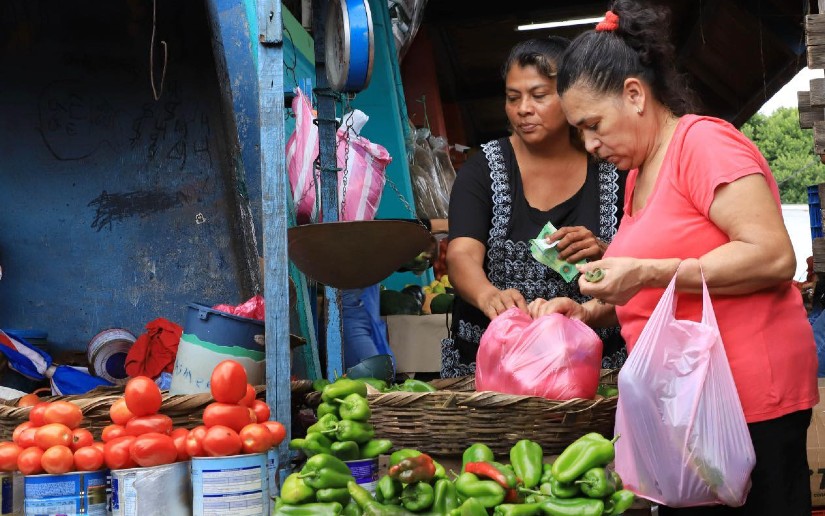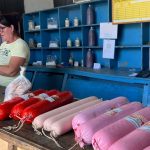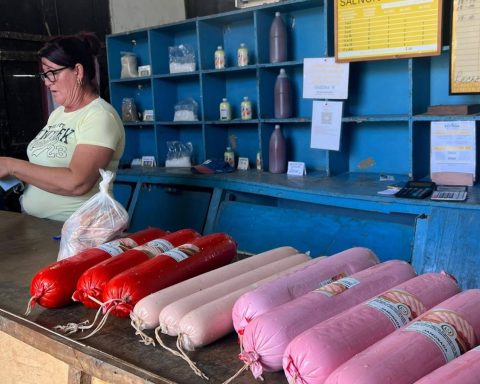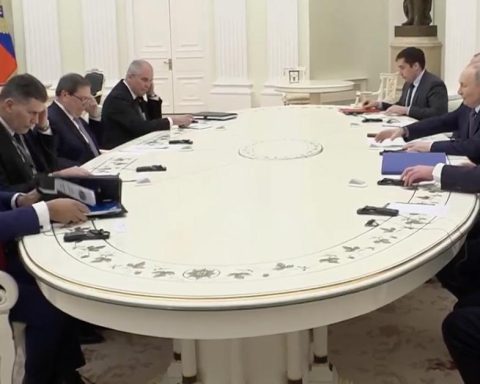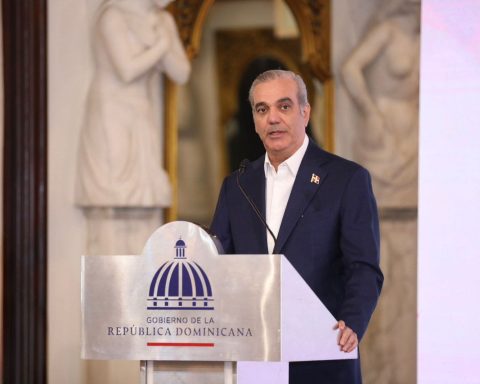The recent rise in food and energy prices could disproportionately affect the poorest households, increase hunger and food insecurity, and deepen inequality gaps. That’s because the lowest-income households spend roughly 70 percent of their income on food, while the upper class spends just 20 percent on food.
The majority of the vulnerable population are still net buyers of basic goods, so increases in the cost of the basic basket tend to multiply poverty in general. Inflation tends to reduce wages and real savings, thus creating precarious livelihoods.
Related news: Fuels continue their upward wave. Regime promises to assume 70% of the increase
In the case of the 80 percent of the population with low purchasing power, interruptions in the supply of supplies, as well as the increase in prices could cause an increase in the population in conditions of hunger, and food insecurity.
High inflation, in short, tends to worsen inequality or poverty because it affects the income and savings of the poorest or middle-income households more than the rich.
